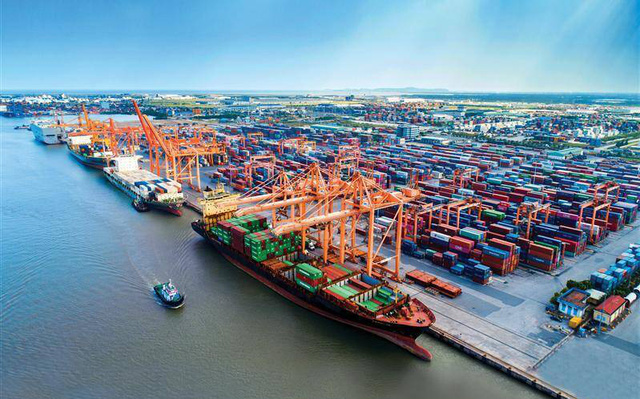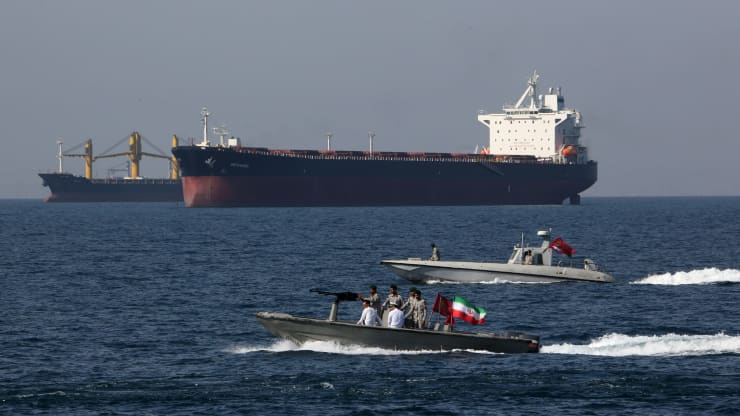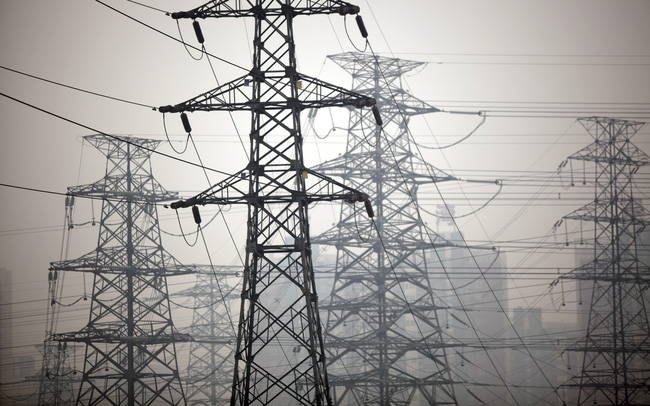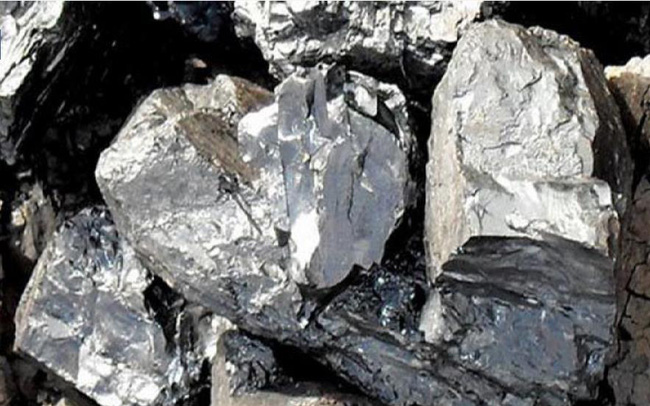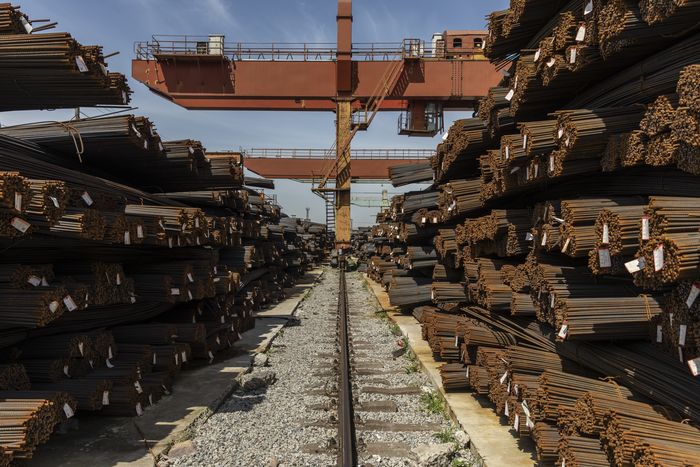The major problems facing the world energy sector in 2021 are forecasted to continue to be challenges for 2022, either due to the COVID-19 pandemic or the impact of the long-term change towards a low-carbon future.
One thing that can easily be seen from the severe energy shortage and rising prices causing inflation to “gallop” in 2021 is that the world’s energy demand cannot be controlled/managed in the short term. .
Therefore, governments need to critically review past decisions and prepare themselves for more certain responses, strategies that are designed and implemented seriously rather than reactively. hurry.
Energy crises in the last three months of 2021, such as record high gas prices in Europe and coal shortages in China, have led to supply disruptions and crippling operations. production for several weeks. Some power facilities stopped working, and consumers’ electricity and water bills skyrocketed.
European and Chinese consumers pay more to buy liquefied natural gas and coal from international markets. To address the coal shortage, China has increased production at domestic mines and limited electricity consumption by suspending price controls and price ceilings.
However, with a commitment to begin phasing out coal use by 2026, China will need to start building a reliable and affordable alternative energy supply system to phase out coal miners. coal-fired machinery and power plants.
China’s slowing economy does not need more “shocks” in energy supply, while a return to coal use, even for a short period, would undermine the credibility of the country. China on its commitment to net zero emissions by 2060.
Meanwhile, the European Union (EU) has offered temporary support solutions for consumers and companies by cutting taxes, ceiling prices and increasing subsidies for the poor, even if the region This sector consumes more coal and oil to maintain power.
Europe’s energy transition has become an obligation at a time when gas from its main supplier, Russia, is mired in a geopolitical crisis, renewable energy is said to be impossible. verifiable and unreliable, while nuclear power in most countries faces resistance/opposition from government and public opinion.
The energy crisis of 2021 is not a one-time event, and China and Europe are not the only ones likely to make mistakes. The massive energy transition will destroy other countries over time if policymakers don’t start outlining detailed national “roadmaps” to net zero emissions targets.
That should start with a comprehensive inventory of existing energy sources and consumption rates, calculating the projected growth in national fuel and electricity demand over the coming decades, and establishing a plan. unit-by-unit replacement plan that removes fossil fuels, meeting the availability, cost, and infrastructure needs of new energy sources.
In the meantime, countries need to ensure that exploration for new sources of oil and gas continues until it can be sure that cleaner energy alternatives are reliable, affordable and adequate. enough is being put into commerce.
As countries will still need to depend on oil and gas for most of their energy needs over the next several years, governments and multilateral agencies need to ensure that companies are looking to reduce their carbon footprint in the future. oil and gas production, refining and transportation must be fully supported and funded.
Countries that consume a lot and depend on imports are hoping for slightly lower oil prices in 2022. The alliance of oil-producing countries inside and outside the Organization of the Petroleum Exporting Countries (OPEC), or otherwise The so-called OPEC+ also showed a willingness to continue to gradually cut output despite the forecast that the market will be significantly oversupplied until 2022.
T&G International Joint Stock Company
Address: 352 Hue Street, Le Dai Hanh Ward, Hai Ba Trung District, Hanoi
Hotline: 0345786803
Email: hrm@tginterjsc.com
Website: http://tginternationaljsc.com





